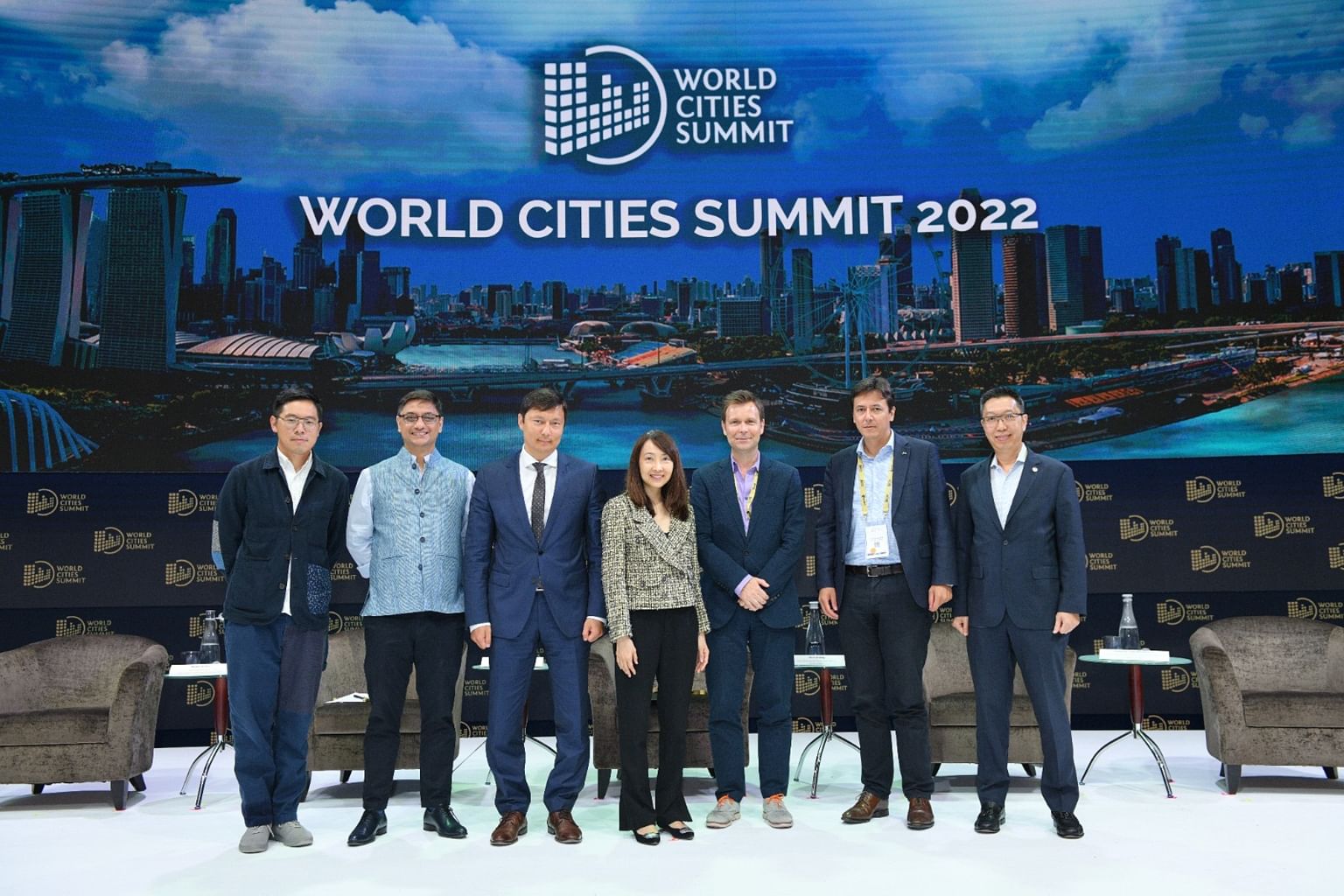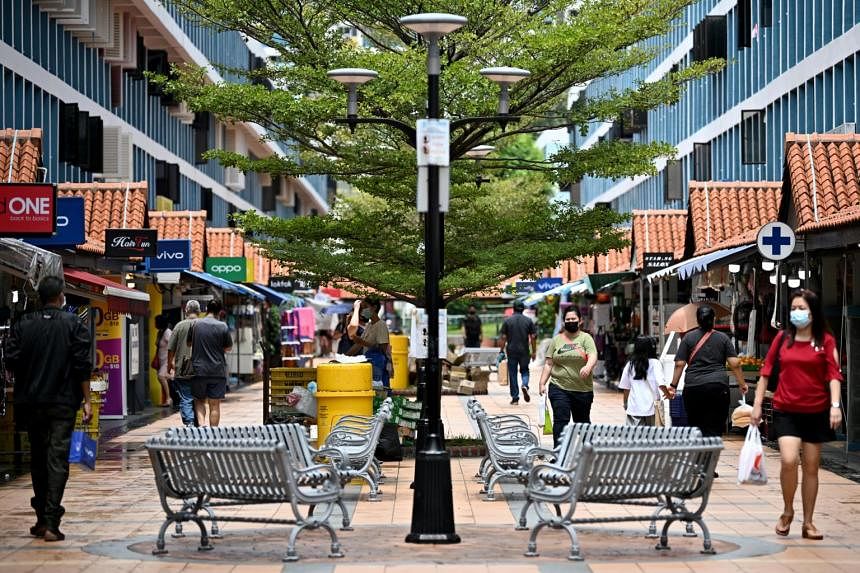SINGAPORE - In Singapore, citizens are able to use the LifeSG application to register a child's birth and apply for the Baby Bonus.
This app is one way that the country harnesses digital technology to help citizens with their day-to-day administrative tasks, said Mr Chng Kai Fong, Second Permanent Secretary of the Smart Nation and Digital Government Office.
He said identifying problems that citizens face and using technology to solve them is one way to ensure people's needs are met in the journey to becoming a "smart city".
Mr Chng was one of six panellists at a panel discussion titled Smart City Priorities: What's Next? at the World Cities Summit on Tuesday (Aug 2).
"Every planner dreams to anticipate all scenarios and issues, and plans for them. But in our experience, we found it is better not to try and accomplish everything but instead, take a human-centred approach to real-world problems and tackle them directly," he said.
For instance, the LifeSG app was conceived in 2018 as a portal to bring citizens through every season of their life. In practice, citizens most often use the app to register birth certificates, he added.
More broadly, the panellists said cities can benefit from adopting digital twin technology - a virtual model that uses real-world data to simulate how future products or processes will perform.
Mr Sanjeev Sanyal, principal economic adviser to the government of India, said the technology could benefit some rapidly urbanising Indian cities where maps and records are often not updated as quickly as the actual developments on the ground.
"India is urbanising at a maniac pace. Given the lack of any legacy system in place, digital twin technology could be very helpful for us to track what's happening and also to track any unintended consequences, both good and bad, early on," he said.
However, Mr Jacques Beltran, vice-president of cities and public services at Dassault Systèmes, cautioned against being too reliant on using simulations for planning and not leaving room for innovation.
He said the perennial issue planners face is that there are too many moving parts in a city - as such political agencies and other stakeholders - to track and plan for every single possibility.
"It's like a game of chess: It's much easier to describe the board and the situation of the game at any one point during a game but it's much harder to play the game because there are exponential possibilities," said Mr Beltran.
"City leaders can use technology to keep themselves informed but one should not try to optimise a complex system because you will end up simplifying it and miss out a lot of opportunities."
Mr Mihhail Kõlvart, the mayor of Estonia's capital Tallinn, said that while city leaders are the primary drivers of digital transformation, the private sector and educational institutions must also come on board to test and offer new technologies that can be implemented on a broad scale.
The panellists also highlighted the need for planners to be inclusive when building a smart city.

Professor Luis Bettencourt, Pritzker director of the Mansueto Institute for Urban Innovation at the University of Chicago, said the authorities used to plan from a "birds' eye view". But increasingly, planning is done from the citizens' perspective to meet the needs of specific groups.
"When you're planning with the vulnerable - such as immigrants or children - in mind, you're establishing a higher standard and in that way, you're planning a city that is good for everybody," he said.


